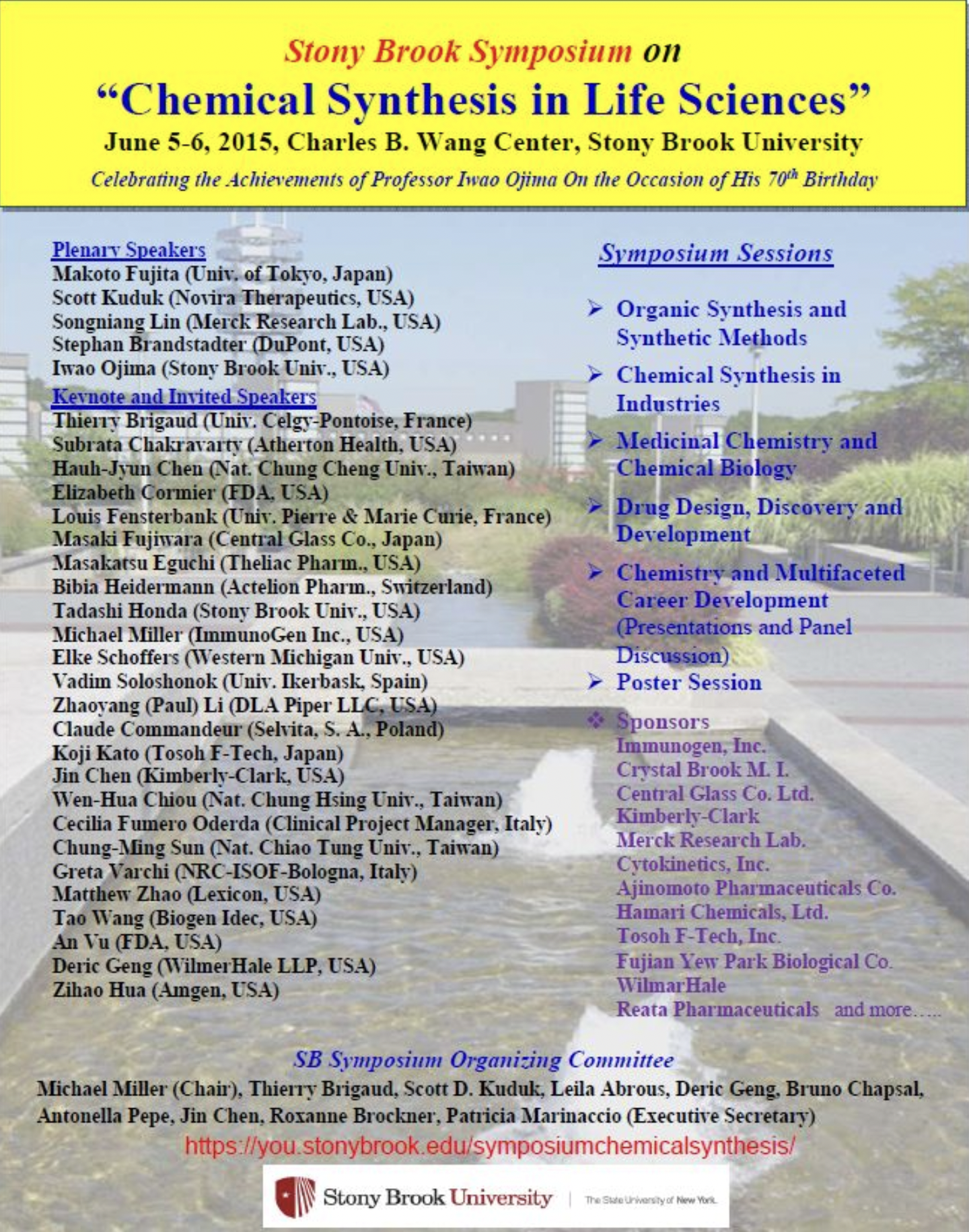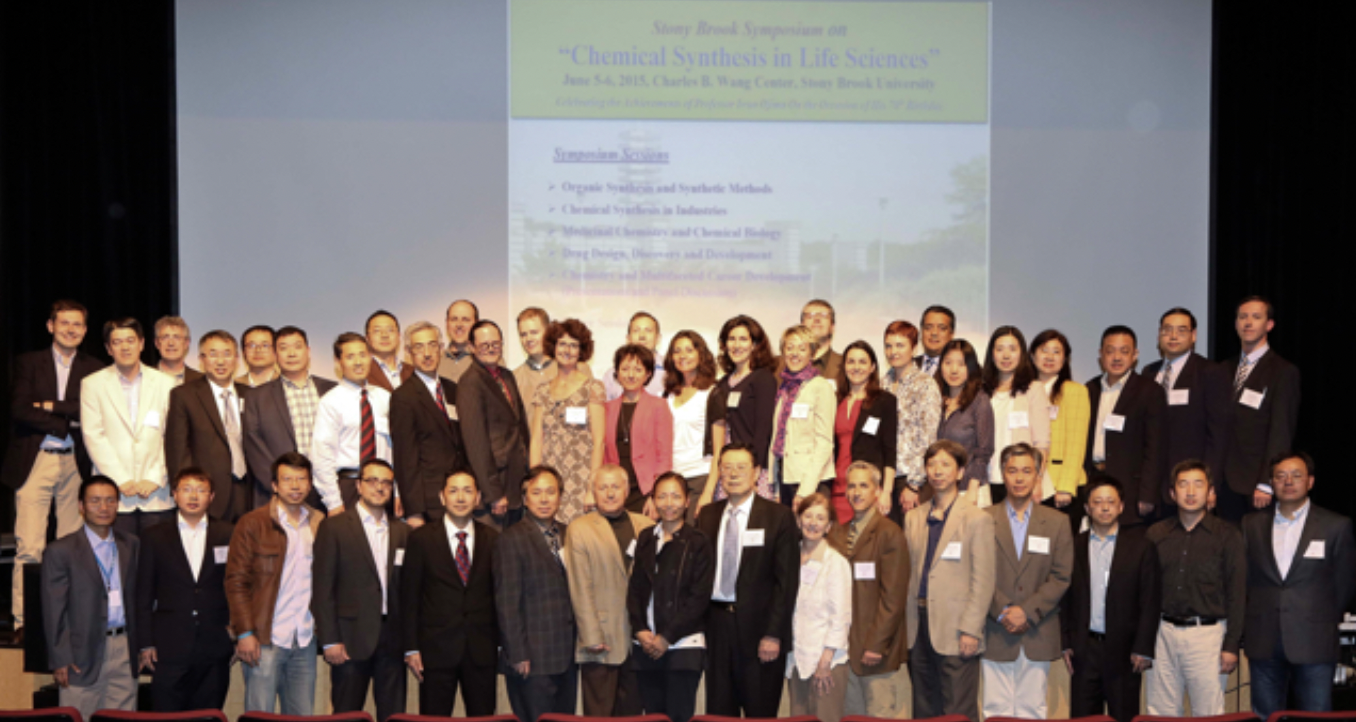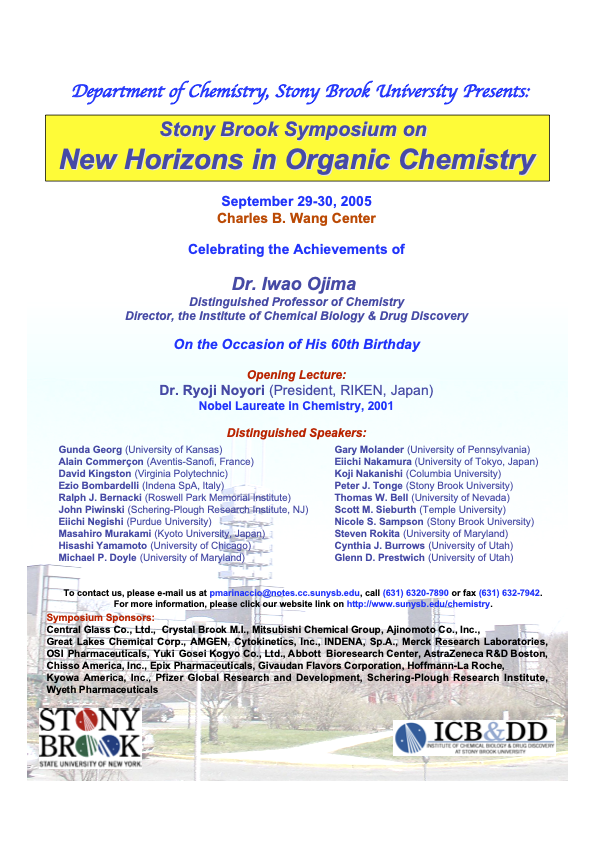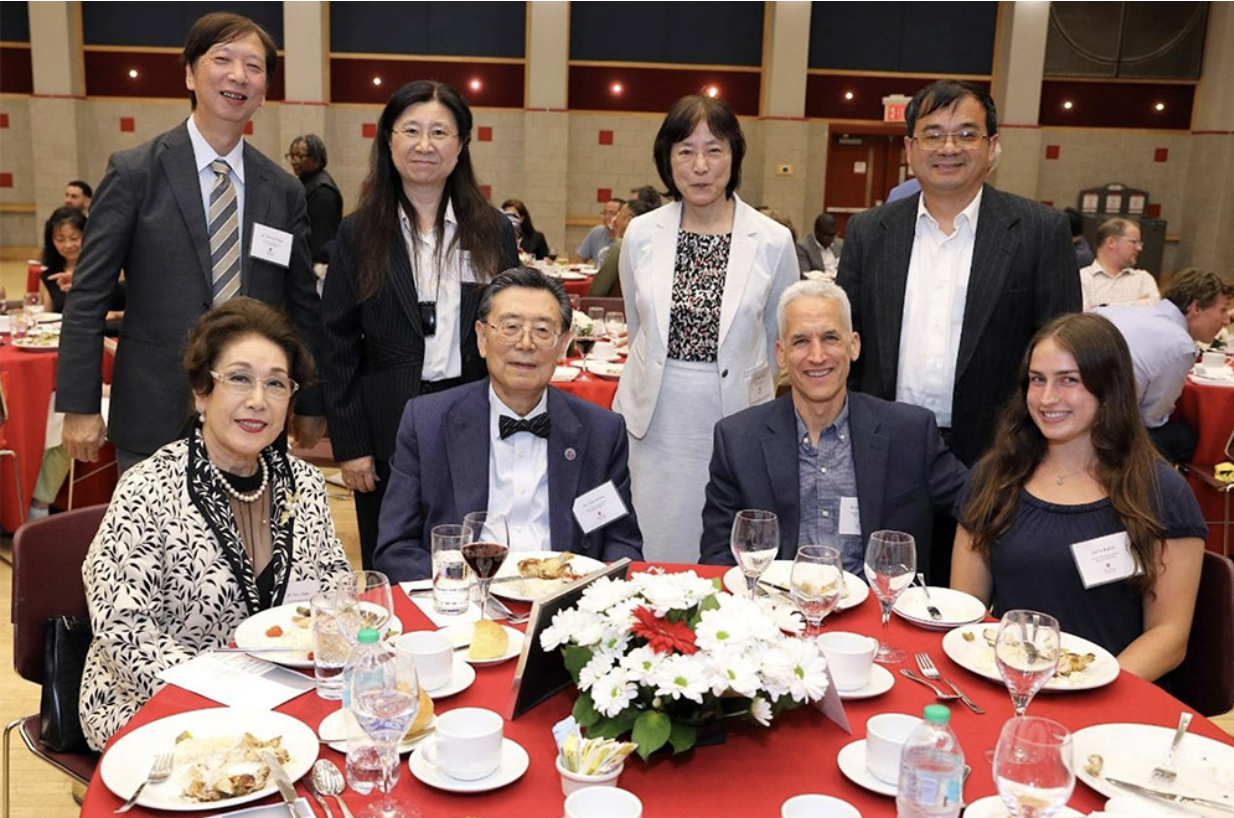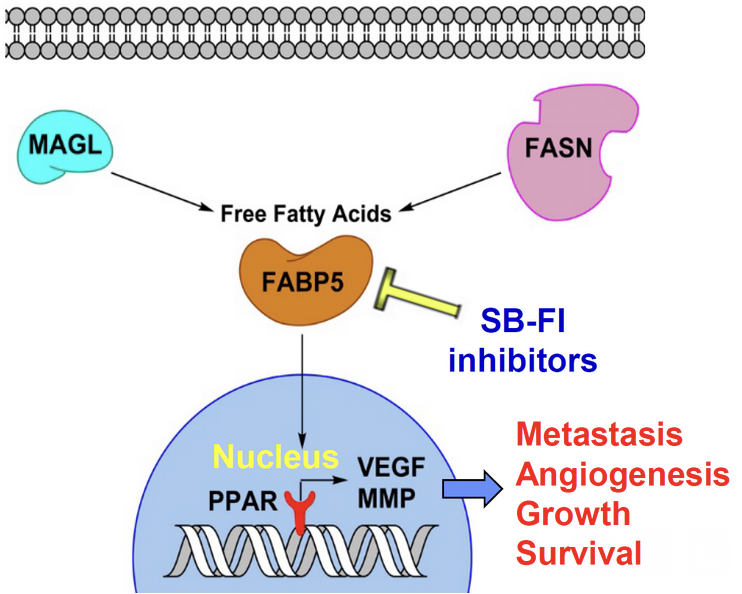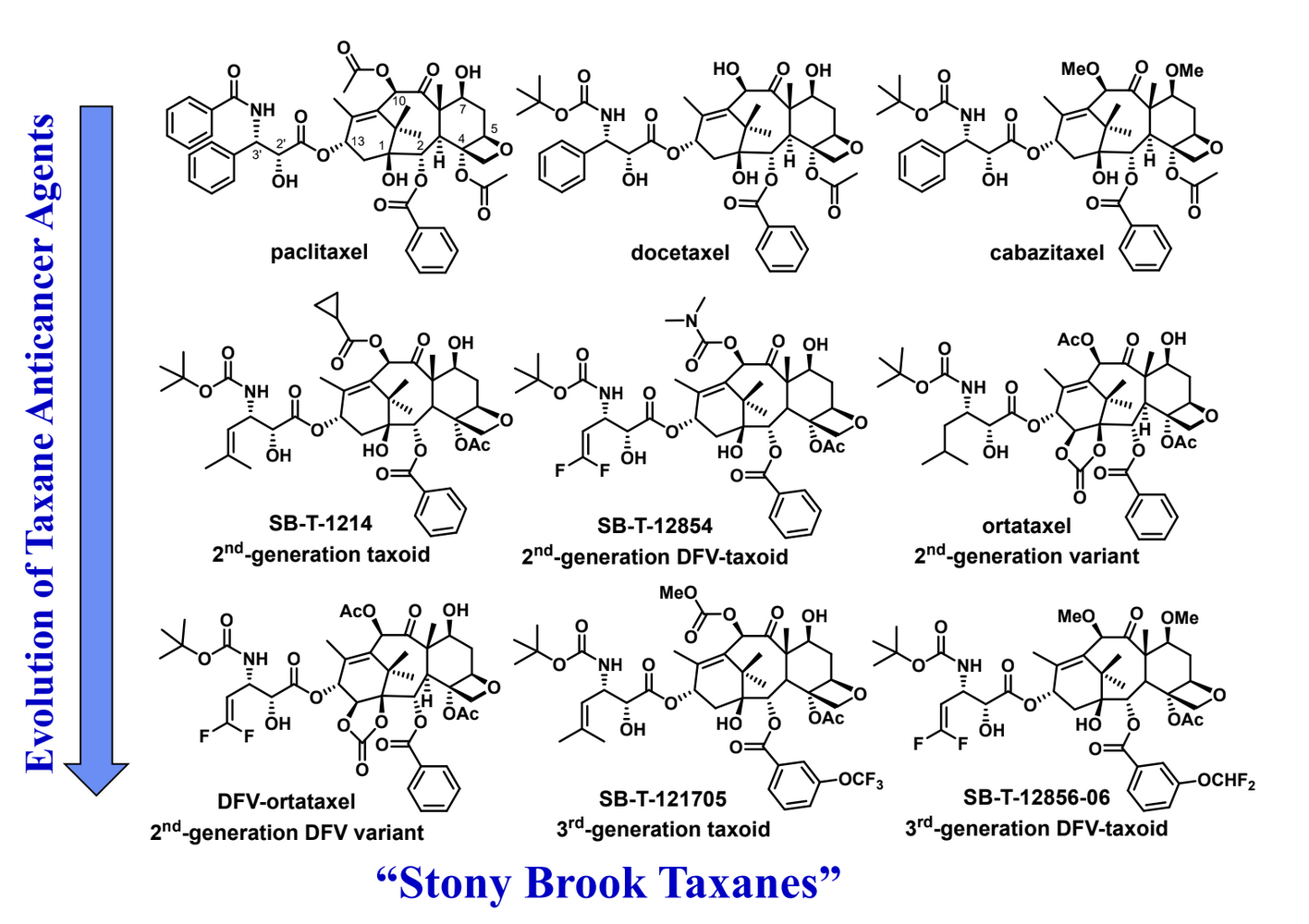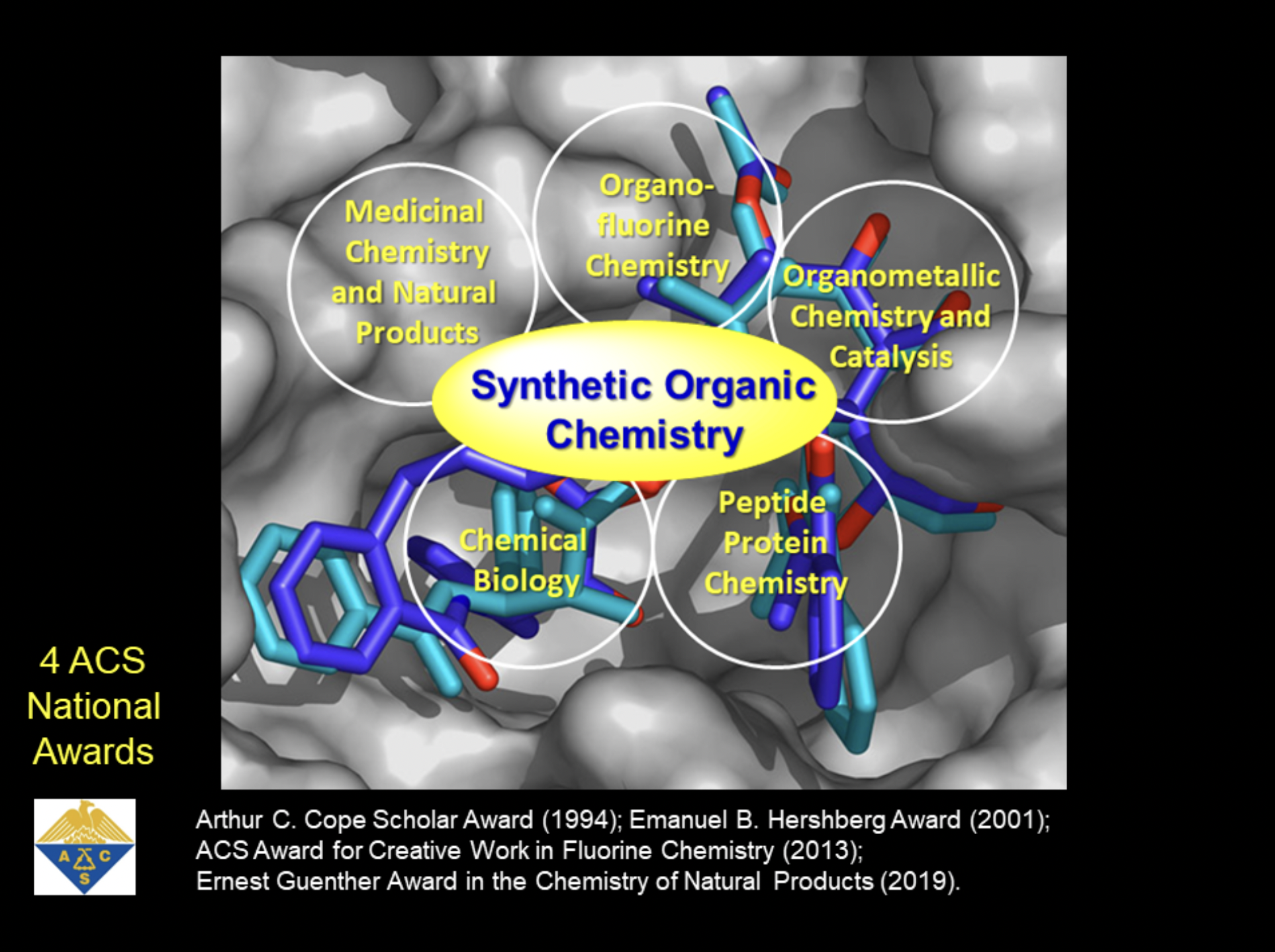Welcome to the Ojima Research Group Website
Synthetic Organic and Medicinal Chemistry at the Biomedical Interface

Discovery and development of new and potent anticancer agents, antibacterial agents, anti-inflammatory agents, and various enzyme inhibitors are the major research interests in Professor Ojima's laboratory. Integration of all relevant chemistry and biological tools, including computational biology (docking, in silico screening, molecular dynamics), chemical biology (protein expression, enzyme assays, fluorescence labeling), cell biology (cell culture, cytotoxicity assay, fluorescent confocal microscopy, flow cytometry, transmission and scanning electron microscopy), has successfully been realized in this program. Naturally, this research program is promoted in close collaboration with cell biologists, oncologists, microbiologist, pharmacologists, hematologists, toxicologists, etc., as well as the Division of Laboratory Animals Resources for in vivo efficacy evaluations. The Ojima Laboratory has also been exploring and developing new synthetic methodologies, especially based on catalytic organic transformations, including enantioselective processes, cyclohydrocarbonylations and higher order cycloadditions and carbocyclizations, which provide the basis for the efficient syntheses of biologically active substances of medicinal interest, such as those anticancer and antibacterial agents mentioned above.
Ojima Research Group
News
Three graduate students, Arjun Mane, Lasith Jayasekara, and Kaidi Chen, and an undergraduate student, Chelsea Tang, joined the research group.



Three undergraduate students, Ayush Desai, Dev Sharma and Annie Yao joined the research group for summer research.

On June 5, 2025, Prof. Ojima celebrated his 80th birthday. In honor of the occasion, the Ojima Laboratory alumni organized a two-day symposium at Stony Brook University on June 6 and 7, 2025. (See Prof. Iwao Ojima column)
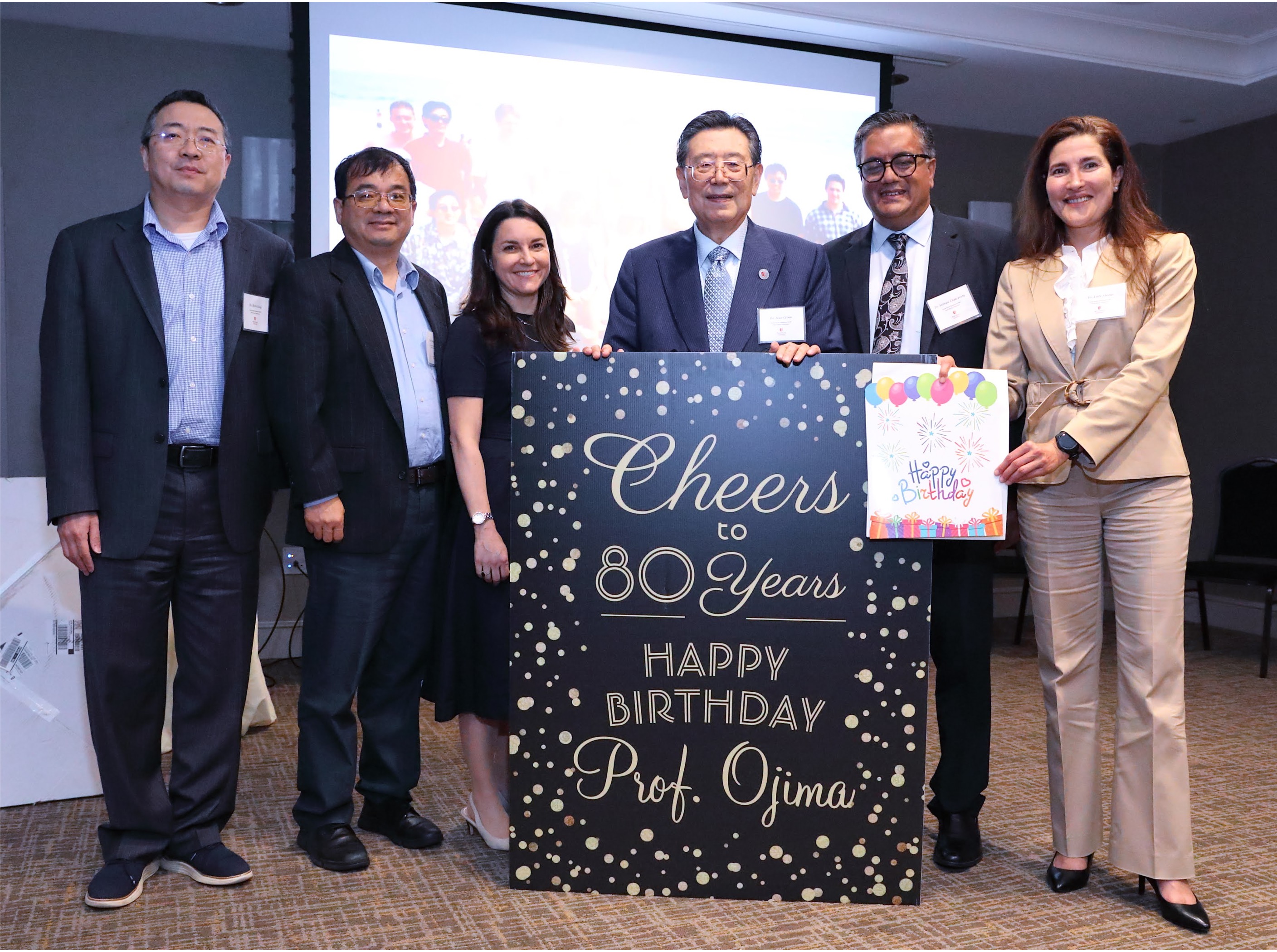
The symposium in honor of Professor Ojima's 80th birthday was featured in Stony Brook University News
Congratulations to Dr. Hersh Bendale and Dr. Dominick Rendina for defending their theses! Also congratulations to Maggie Chan for graduating with her B.Sc.!
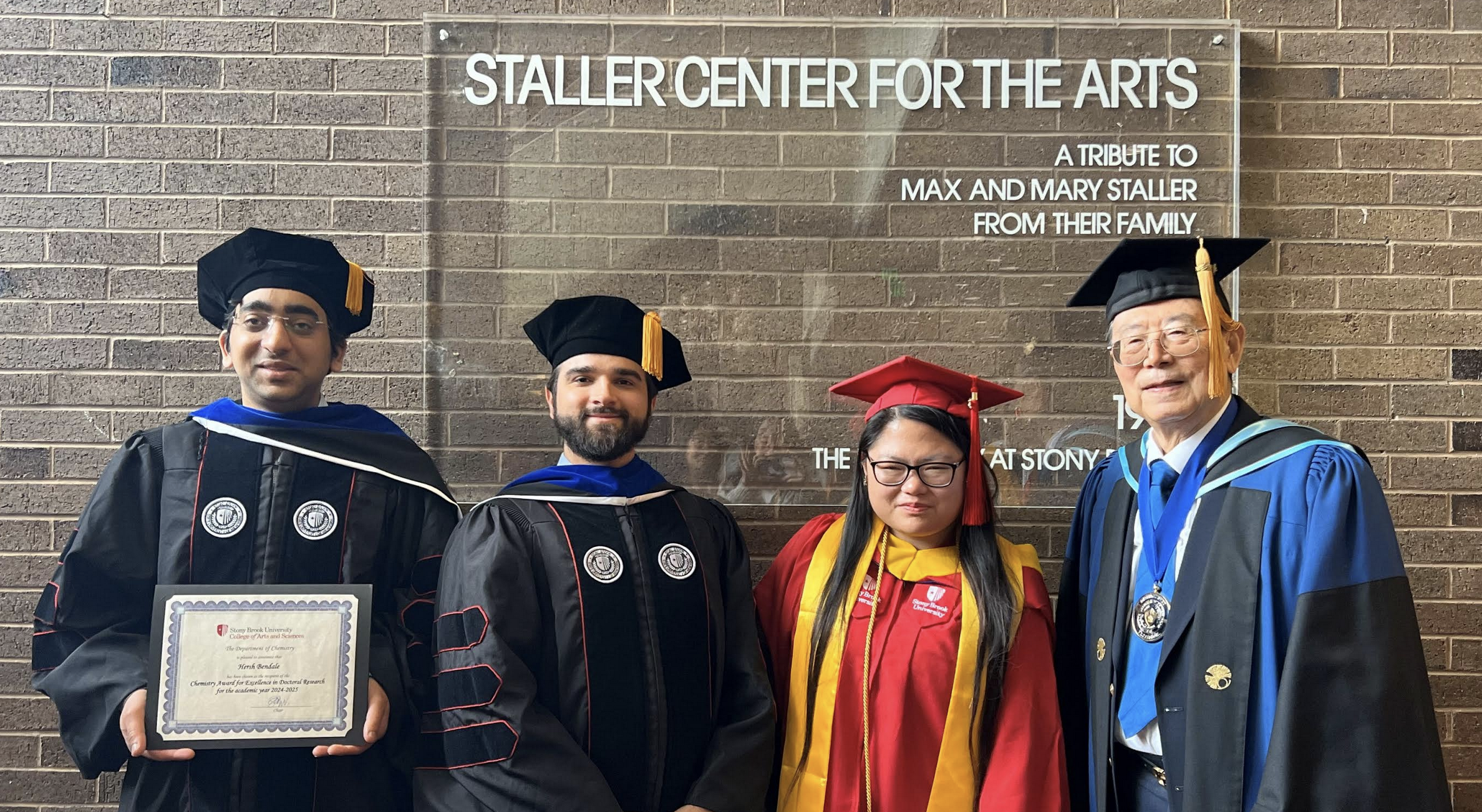
The Ojima Distinguished Lectureship Award was presented to Dr. Véronique Gouverneur

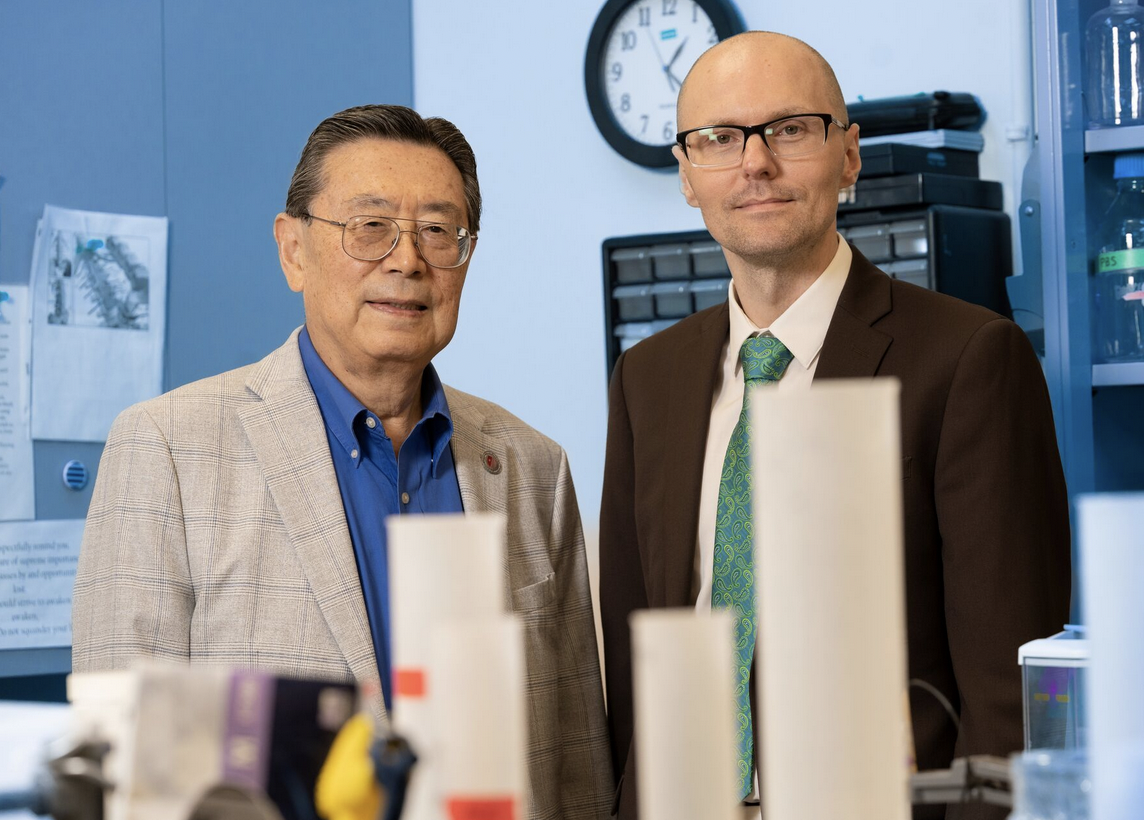
Congratulation to Dr. Ashna Garg for successfully defending her thesis!
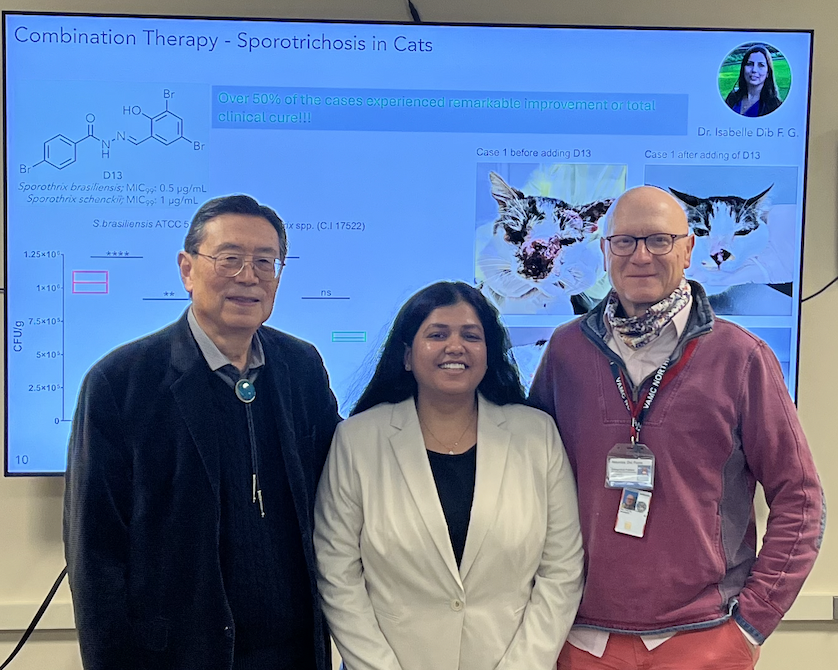
Ashna's work was featured in TBR News Media!
Katie Shou and Prof. Ojima were featured in the Stony Brook Magazine
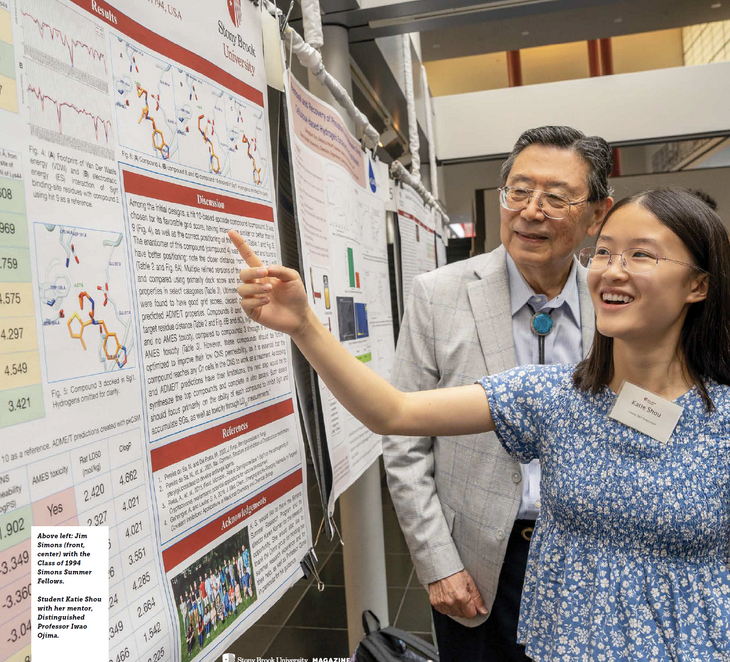
More News
Research
Next-Generation Pain Control with Novel Stony Brook Fatty Acid Binding Protein (FABP)
Inhibitors (SB-FIs)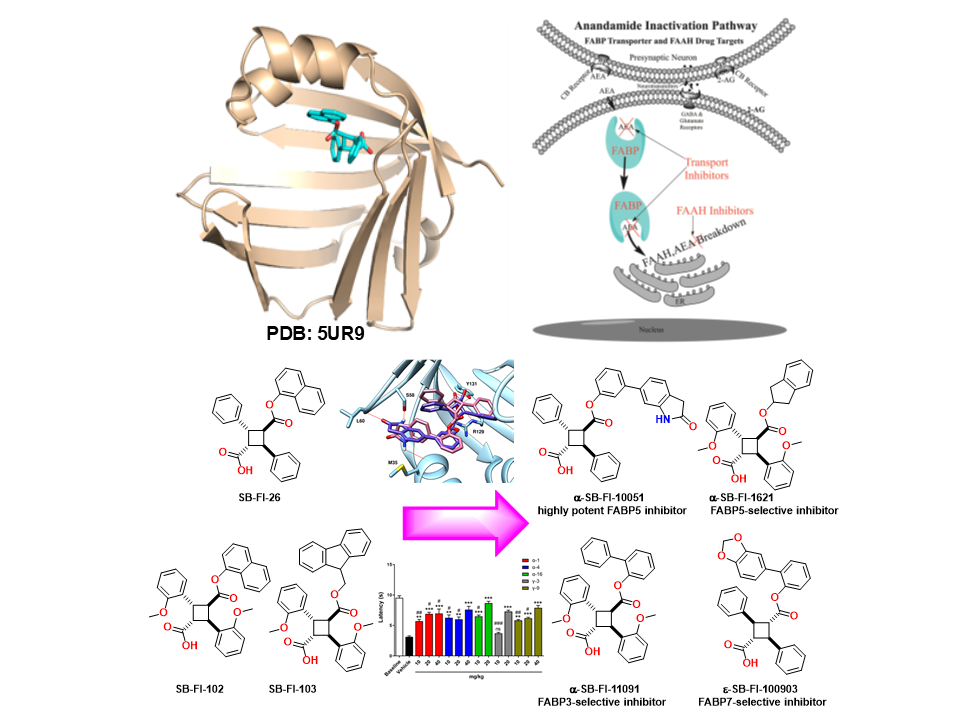
FABP Inhibitors (SB-FIs) as New-Generation Anticancer Agents
Novel Antifungal Acylhydrazones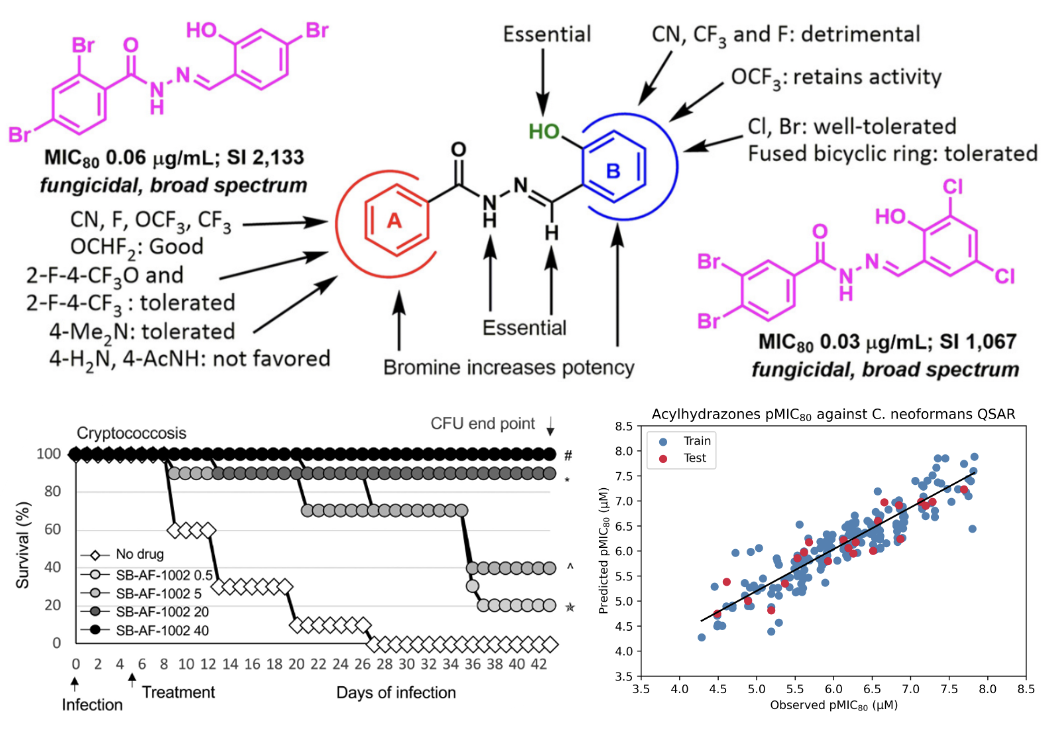
Sterylglucosidase Inhihibitors as Novel Antifungal Agents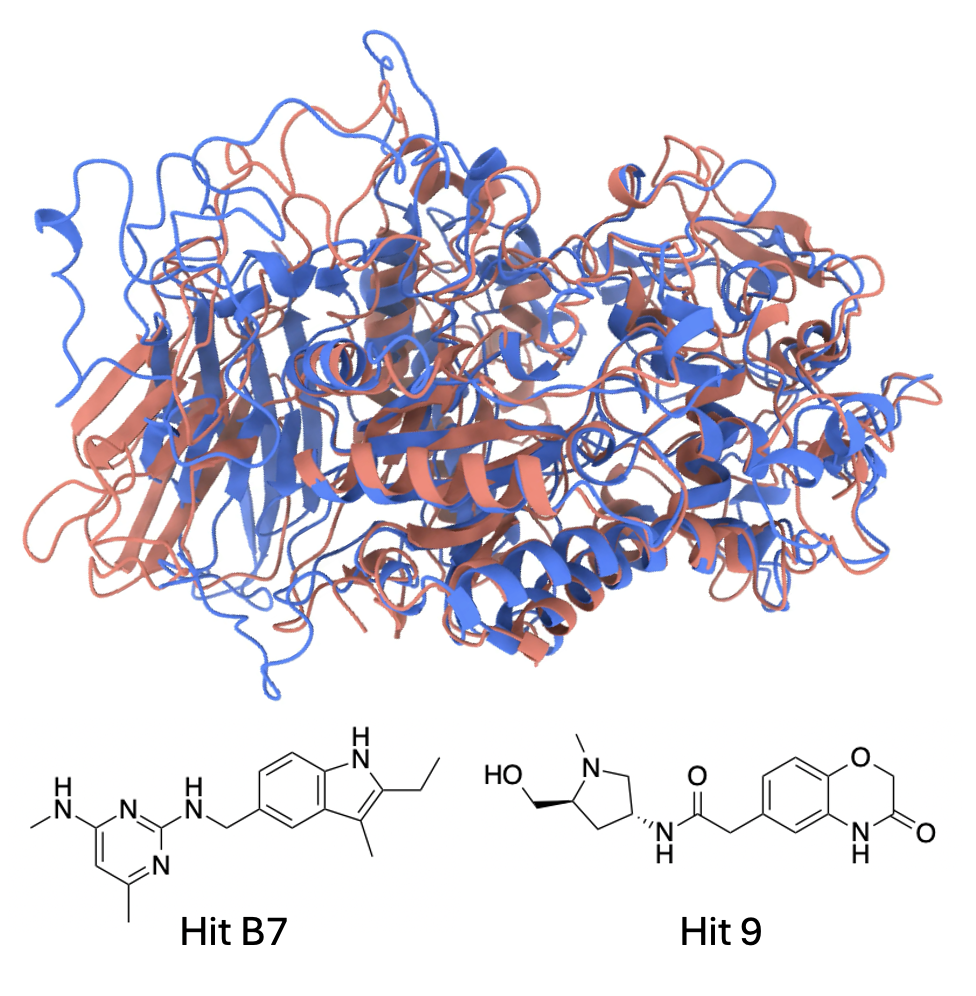
Next-Generation Taxoids as Potent and Efficacious Anticancer Agents
Tumor-Targeted Delivery of Highly Potent Taxoid Anticancer Agents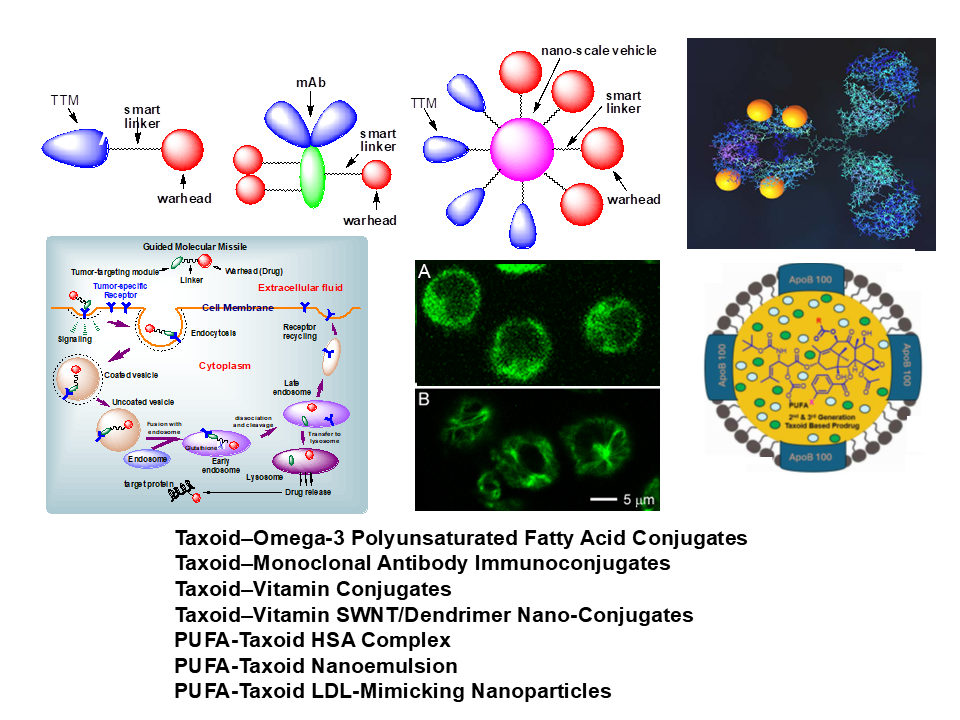
Prof. Iwao Ojima

Congratulations to Prof. Ojima for being elected as a Fellow to the European Academy of Sciences!

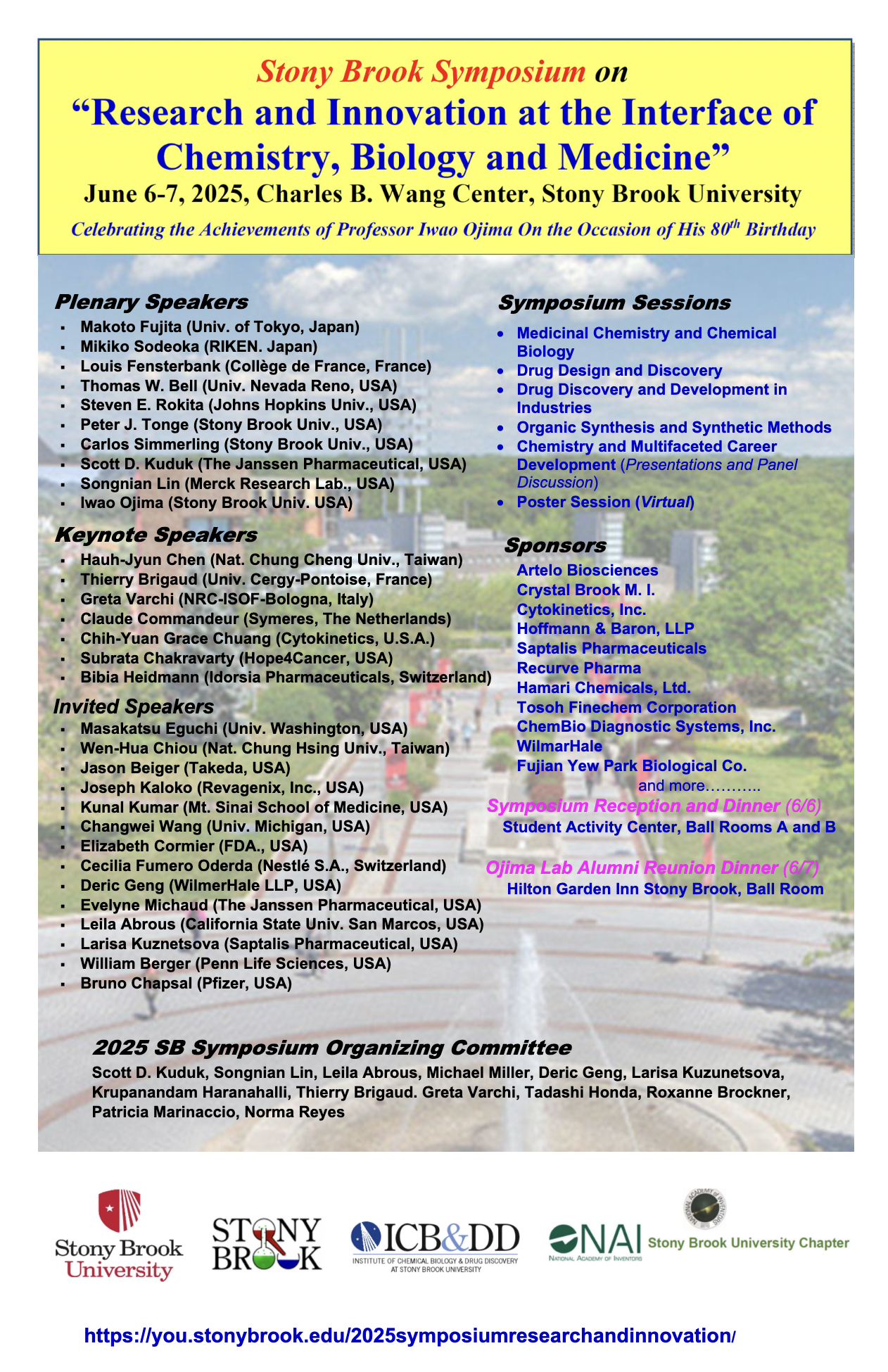
Prof. Ojima's Presentations, Greeting Posters, and Ojima Lab Photos (1984-2024)
